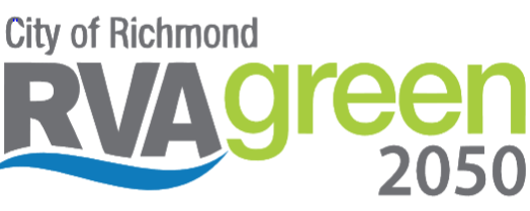Richmond Resilience Assessment
As climate change causes precipitation and temperature trends to shift, the City of Richmond faces more extreme weather events such as flooding from heavy precipitation and extreme heatwaves. The Richmond Resilience Assessment is a comprehensive assessment platform developed in partnership with Fernleaf's AccelAdapt technology to evaluate and address the City's vulnerability to extreme heat and flood inundation.
Explore the StoryMap
This Resilience Assessment includes a social vulnerability analysis that examines socioeconomic factors alongside direct climate impacts, enabling City departments to prioritize equitable solutions for all communities. The Resilience Assessment also quantifies vulnerabilities at the parcel level, helping to identify specific at-risk assets and prioritize interventions where they're most needed as we work toward building a more climate-resilient Richmond for all residents.
Read the Key Takeaways of the Resilience Assessment here.
Scroll down to explore the StoryMap or click here to open a new tab.
Climate Equity Index
The RVAgreen 2050 Climate Equity Index (CEI) is an interactive tool created by the City of Richmond Office of Sustainability to explore your neighborhood’s climate impacts, demographics, built assets, and natural resources.
Climate Equity Index Social Vulnerability Analysis Factors
Based on examples from peer cities’ social vulnerability analyses, the 39 factors were combined using a statistical methodology to determine relative vulnerability to climate change impacts at the census tract level.
This social vulnerability map visualizes this relative vulnerability across Richmond’s census tracts. The map provides an objective and quantitative way to begin identifying the communities on the frontlines of climate change - those who are being impacted first and worst
Use RVAgreen 2050 Climate Equity Index to explore the demographic, health, and other factors affecting Richmond neighborhoods’ potential vulnerability to crises such as climate change.
Health & Safety
Health Opportunity Index
Disabilities
Obesity
Asthma
COPD
Coronary heart disease
High Blood Pressure
Kidney Disease
Poor mental health (self-assessed)
Poor physical health (self-assessed)
Uninsured
Low food access
Crime
Income & Education
Poverty
Work out doors
SNAP/food stamps
Public assistance income
Housing costs >30% of income
No high school diploma
Unemployment
Housing Choice Voucher program participant
Watch the Tutorial
Watch this tutorial to get the most out of the innovative Climate Equity Index tool.
Housing & Transportation
Multi-unit structures
Mobile homes
Crowding
No vehicle access
No central air conditioning
Emergency housing
Group homes
No internet access
Population
Elderly (65+)
Children (under 18)
Race and ethnicity
Female
Limited English
Proficiency
Household
Single parent households
Custodial grandparents
Renters
Elderly living alone


